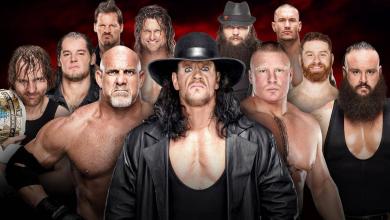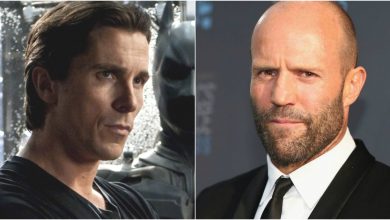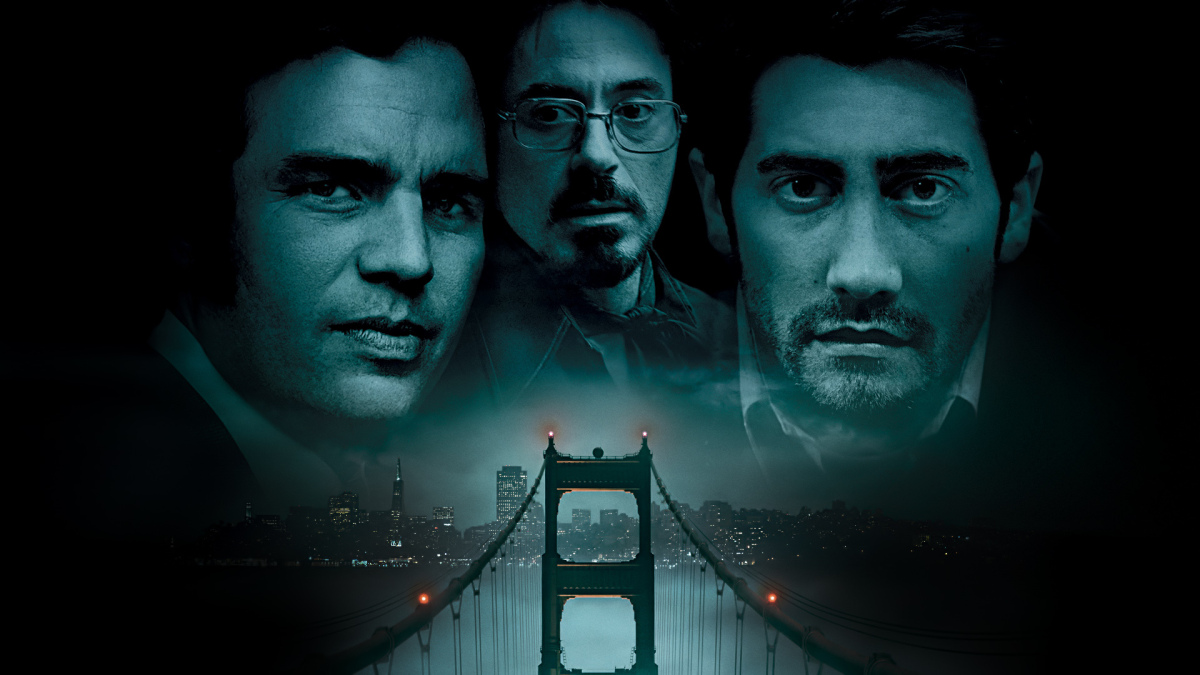5 Times the Nobel Prize Made Leonardo Di Caprios Out of Authors
What with the Nobel Prizes being declared, the last week saw new names becoming immortalized in the field of Science and the Humanities. The hoopla around the Nobel Prize is justified – the most elusive of awards, it has a history of creating household names out of names drowning in exclusivity, (Tu Youyou, for instance) as well as spawning some unexpected names for the awards (Did you know Hitler was nominated for the Nobel Prize for Peace?).
The elusive nature of the award, especially for Literature, has created several Leonardo di Caprios within the Literary world. Any literary snob could tell you that Haruki Murakami, has remained the favourite for the award, for years now, and the award continues to elude him. Of course, some consolation for his fans lies in the fact that Murakami is not alone: the history of the award has a whole repertoire of literary icons who have missed it by an inch and half.
One major reason for this is that the nominees for the Nobel Prizes are chosen in secret by famous faces and organizations in the respective fields, and are then voted on by the Swedish Academy. Oh, and yes, the names of each year’s nominees aren’t revealed until 50 years later. So gear up and get prepared to hear the names of famous authors who almost, quite, didn’t make it.
Sarvepalli Radhakrishnan

The next time you celebrate Teacher’s Day, give this a thought: our 2nd President wasn’t just any teacher: he was one of the leading icons of comparative religion and philosophy in the 20th Century. So much so, that his reinterpretation of Hinduism made him instrumental in creating links of equality between India and the world. His contribution was considered so significant, that not only was he nominated for the Nobel Prize for Literature 12 times from 1933 to 1963, he was later nominated for the Nobel Prize in Peace as well. Both prizes eluded him, although he did go on to win a knighthood, the Bharat Ratna and the Order of Merit.
W.H. Auden

The 20th century poet who wrote on love, war, and politics, was a major figurehead in chronicling the modern wasteland that was the 20th Century. He won the Pulitzer Prize in Poetry for his poem, The Age of Anxiety, the title of which became a popular phrase to describe the period. Auden went on to become one of the most significant poets of the century, with his poems The Shield of Achilles, Refugee Blues and 1st September, 1939.
Auden was an open about his homosexuality, in an environment that considered it immoral. In translating the 2nd United Nation Secretary General, Dag Hammarskjöld’s posthumous collection Markings, Auden wrote a foreword that subtly referenced to the Swedish statesman’s homosexuality. This led to Auden being visited by a Swedish diplomat who hinted that the Swedish Academy would be unhappy if it were printed in its present form and should be revised. Auden ignored the hint, going on to nonchalantly mention the incident to his friend, saying, “There goes the Nobel Prize”. The prize went to Jean-Paul Sartre, who is famously remembered for having refused it.
Simone de Beauvoir
Most famous for every feminist’s go-to book, The Second Sex, Simone de Beauvoir, was a French social theorist and intellectual who had a major impact on the shaping of modern feminism. Beauvoir was equally famous for her open relationship with Jean Paul Sartre. Interestingly, both Beauvoir and Sartre were nominated for the Nobel Prize in Literature. While Sartre went on to refuse the award, Beauvoir lost out to Ivo Andric in 1961. It was the only year she was nominated.
Leo Tolstoy

The Russian literary giant we’ve all grown up reading was nominated for the prize five times, from 1902 to 1906. His losing out to lesser-known literary figures generated a lot of protest – Swedish writers wrote to Tolstoy, disregarding the award. In response, Tolstoy very graciously wrote: “Dear friends, I was very happy to know that the Nobel Prize was not awarded to me. First of all, it deprived me of a big problem of how to use this money. I am certain that this money, as well as money as it is, can only bring evil. Second of all, I was honored to get so many letters of sympathy and support from the people that I don’t know.”
Later, when The Russian Academy of Sciences decided to nominate Tolstoy for the award, it sent a note to Sweden together with a copy of Tolstoy’s “Great Sin”. When Tolstoy came to know of this, he wrote to the Finnish writer, Arvid Ernefeld, “if it was meant to happen, then it would be very unpleasant for me to refuse from it. That is why, I have a favor to ask…please try to make it so I would not be awarded with the prize. Please, try to do the best you can to avoid the award of the prize to me.”
Robert Frost
While the award is known for disregarding plenty of American writing- in fact, Nobel prize for literature judge Horace Engdahl
described American writing as ‘too isolated, too insular’- no one can deny the universality of Robert Frost’s writing. The poet whose poems The Road Not Taken and Stopping by the woods on a snowy evening are iconic never won the prize. Despite having won other significant awards- the Pulitzer being one of them, biographers record that Frost was “obsessed” with winning the Nobel. Some consolation of course, lies in the fact that he was nominated for it nine times in twelve years, from 1950-61.
Looks like Leo is not alone.






